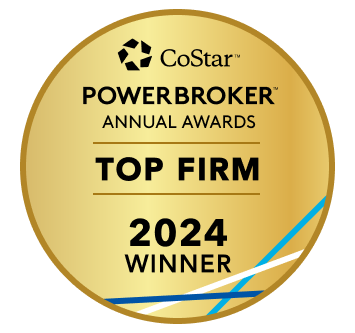Investing in commercial real estate for the first time is an exciting step—but one that requires careful planning, research, and strategy. Whether you’re interested in owning office space, retail buildings, industrial property or land for development, entering the commercial market is different from buying a home. This guide covers essential tips first-time buyers need to know to make smart, informed decisions in today’s market.
1. Understand the Different Types of Commercial Real Estate
Before you buy, it’s important to know what kind of property best suits your investment goals. The main categories of commercial real estate include:
- Office space (urban and suburban)
- Retail space (strip malls, standalone stores, shopping centers)
- Industrial property (warehouses, distribution centers)
- Multi-family housing (apartment complexes with five or more units)
- Vacant land (for future development or leasing)
Each property type has different demand drivers, income potential and management responsibilities. Explore our commercial listings to see what’s available across the Gulf Coast.
2. Assess Your Investment Goals and Risk Tolerance
Commercial real estate is typically a long-term investment. Are you looking for steady rental income, long-term appreciation or both? Clarify your objectives so you can choose properties that align with your goals. For example, a fully leased retail center might offer immediate income, while vacant land could be better for long-term development.
3. Location Matters More Than Ever
In commercial real estate, location isn’t just about a desirable neighborhood—it’s also about access to major roads, visibility, local business activity and zoning regulations. Locations near ports, distribution centers, hospitals, or major employers often present strong investment potential. Our team of experts can help you identify key areas along the Gulf Coast that fit your criteria.
4. Do a Full Financial and Property Analysis
Commercial properties are valued based on their income potential. That means you’ll need to review:
- Rent rolls and existing leases
- Operating expenses
- Net operating income (NOI)
- Potential for future tenant turnover or vacancies
Your lender will require this information too. Use these figures to determine the property’s cap rate, a key metric for evaluating return on investment.
5. Secure Financing Early
Commercial loans differ from residential mortgages. They typically require higher down payments, shorter terms and more stringent qualification criteria. Start speaking with lenders early in the process to explore your options and get prequalified. If you’re considering investment strategies like 1031 exchanges, professional guidance is key to structuring the deal correctly.
6. Don’t Skip Professional Due Diligence
Before closing, conduct due diligence. This includes:
- A professional property inspection
- Environmental reports (especially for industrial or land purchases)
- Title search and zoning verification
- Lease review (if tenants are in place)
Partnering with a commercial broker who knows the local market can help you avoid costly surprises. White-Spunner Realty’s brokerage services are designed to guide first-time buyers every step of the way.
7. Factor in Property Management Needs
Will you manage the property yourself or hire help? Many first-time buyers underestimate the time and effort required to manage tenants, maintenance, and bookkeeping. Our in-house property management team helps protect your investment while keeping your tenants satisfied.
Buying commercial real estate for the first time is a major milestone. With the right support, strategy and market knowledge, it can be the beginning of a rewarding investment journey. At White-Spunner Realty, we’re proud to help first-time buyers across the Gulf Coast find the right properties, secure solid returns and build lasting value. Ready to take the next step? Contact us today to connect with one of our commercial real estate specialists.


